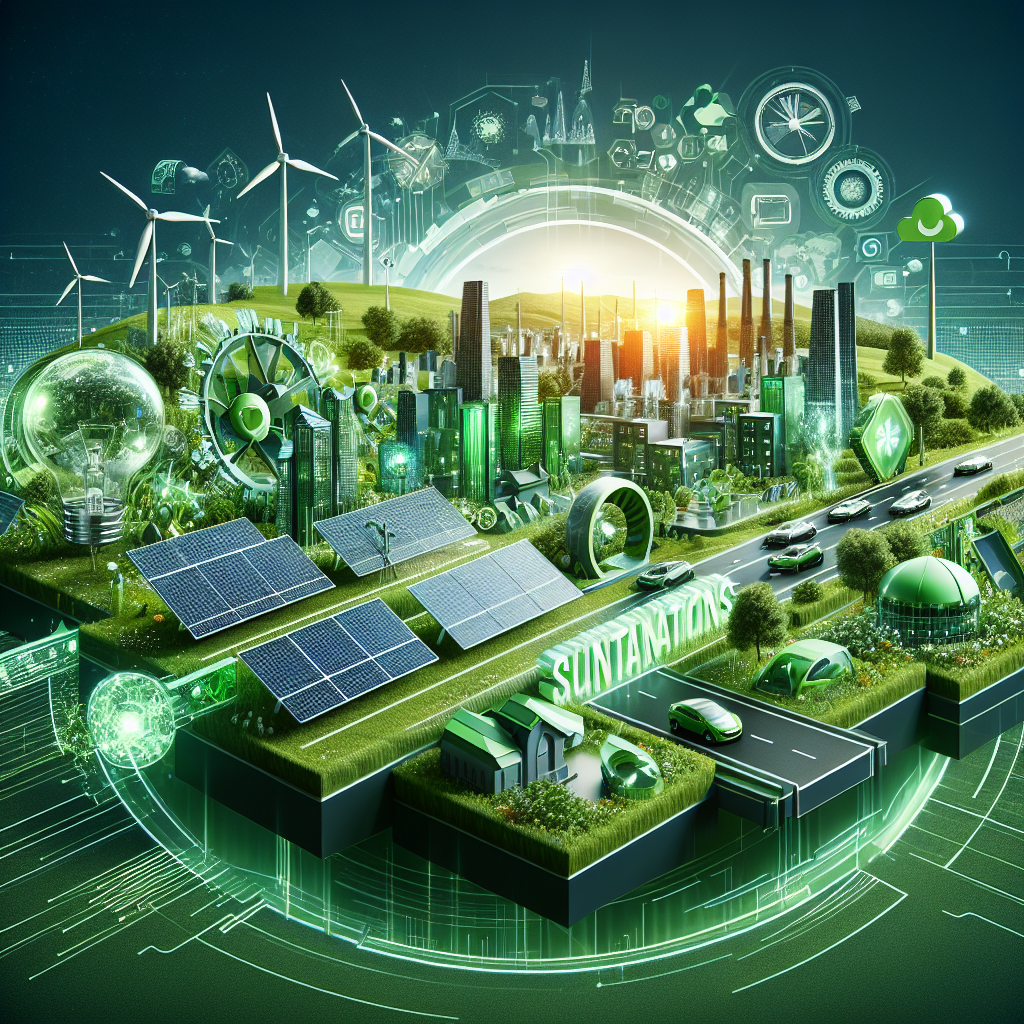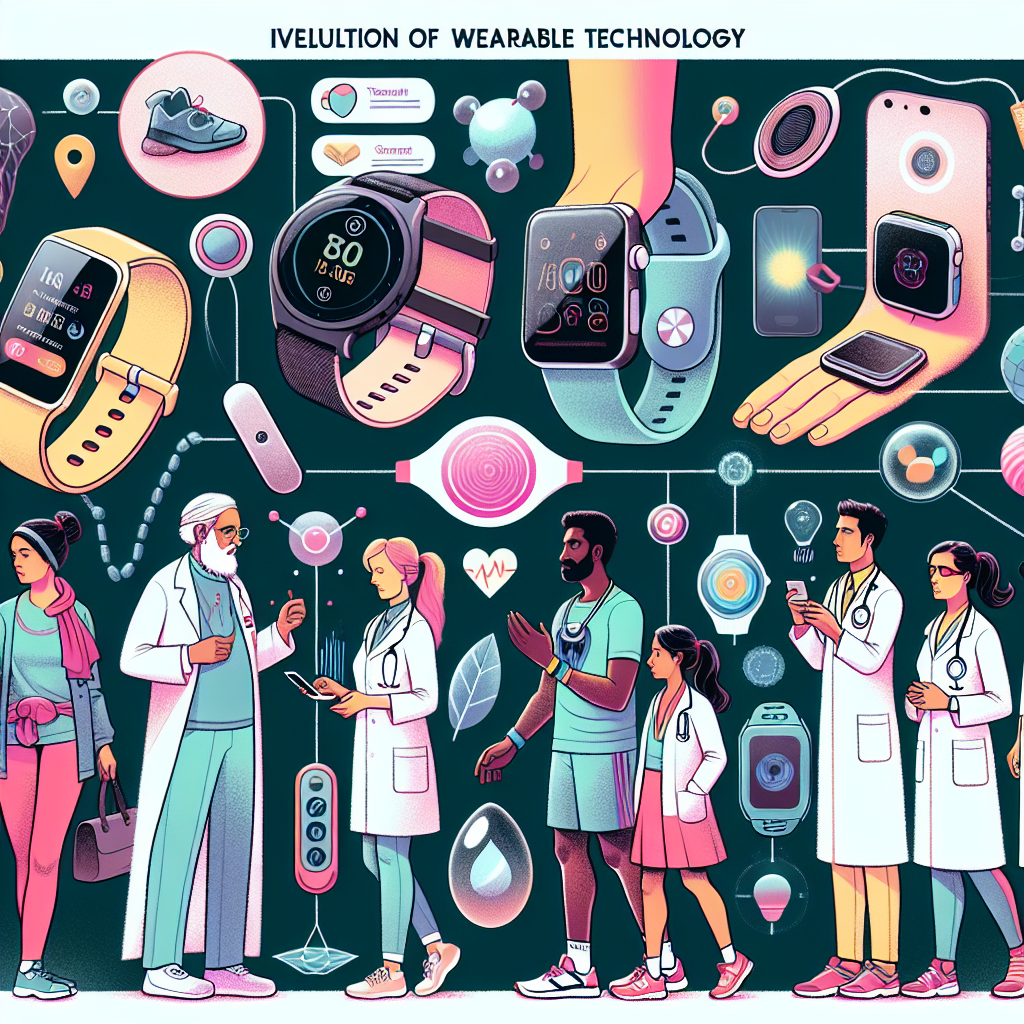Green Tech: Innovations Powering the Sustainable Future
As the world grapples with unprecedented climate challenges, the pursuit of sustainable solutions has never been more urgent. Green technology, often abbreviated as green tech, represents humanity’s hopeful stride towards mitigating environmental degradation and fostering a sustainable future. This burgeoning field encompasses a plethora of innovations designed to harness renewable resources, reduce waste, and minimize carbon footprints.
The Rise of Renewable Energy
At the forefront of green tech is the revolution in renewable energy sources. Solar power, perhaps the most ubiquitous symbol of green tech, has seen remarkable advancements. Modern photovoltaic cells boast unprecedented efficiency levels, and innovations like solar skins—thin, aesthetically adaptable overlays—make integrating solar panels into various structures easier than ever.
Wind energy, another pillar of the renewable sector, is experiencing its own transformation. Offshore wind farms, which leverage stronger and more consistent ocean breezes, have become viable alternatives to traditional, land-based wind farms. Technological strides in turbine design are also making wind energy more efficient and less obstructive to wildlife.
Hydropower and geothermal energy continue to be pivotal players, but emerging technologies like tidal and wave energy hold promise. These sources harness the kinetic energy of water movements, offering a predictable and consistent power supply, unlike some more variable renewable sources.
Energy Storage Breakthroughs
One of the key challenges in the transition to renewable energy is the issue of storage. Solar and wind power are inherently intermittent—therefore, efficiently storing excess energy for use during periods of low generation is crucial.
Recent innovations in battery technology are alleviating this challenge. Lithium-ion batteries, once the gold standard, are now being augmented and, in some cases, replaced by more sustainable alternatives like solid-state batteries, flow batteries, and even organic batteries made from plant-based materials. Moreover, companies are exploring large-scale storage solutions like pumped hydro storage and molten salt systems to ensure a constant energy supply.
Sustainable Transportation
The transportation sector, a significant contributor to global carbon emissions, is undergoing a green makeover. Electric vehicles (EVs) have captured the public’s imagination, with companies like Tesla, Rivian, and even legacy automakers like Ford and General Motors spearheading the charge.
Battery technology advancements are crucial here as well, with longer ranges and faster charging times becoming more common. Beyond electric cars, green tech is revolutionizing other modes of transportation. Hydrogen fuel cell technology is making strides, particularly in heavy-duty transportation like trucks, buses, and even trains.
Public transportation is also going green, with cities worldwide adopting electric buses, developing extensive bike-sharing programs, and investing in light rail and other clean mass transit options.
Smart Cities: The Future of Urban Living
Urban areas account for a significant portion of greenhouse gas emissions, making sustainable urban planning a critical component of green tech. The concept of smart cities encompasses a suite of technologies aimed at making urban centers more efficient and less resource-intensive.
Internet of Things (IoT) devices are pivotal in these smart cities, optimizing everything from traffic flow to energy use in buildings. Smart grids are modernizing electricity distribution, ensuring energy is used efficiently and stored seamlessly. Green roofs, vertical gardens, and urban farming are being integrated into cityscapes, enhancing air quality and contributing to local food systems.
Circular Economy and Sustainable Materials
A sustainable future isn’t just about new technologies but also about rethinking our approach to production and consumption. The circular economy model aims to eliminate waste by continuously reusing resources. Innovations in this space include biodegradable materials, advanced recycling techniques, and products designed for easy disassembly and reuse.
For instance, companies are developing plant-based plastics that decompose naturally, reducing reliance on petroleum-based products. Recycling tech is also making leaps, with chemical recycling and other advanced processes capable of breaking down complex materials into reusable components.
Challenges and the Road Ahead
Despite the exciting advancements in green tech, significant challenges remain. Scaling these technologies to meet global demand requires substantial investment, international cooperation, and supportive policy frameworks. Moreover, ensuring that the transition to green tech is equitable and benefits all socio-economic groups is essential.
Nonetheless, the prospects are encouraging. The intersection of innovation, entrepreneurship, and environmental stewardship is generating solutions that were unimaginable just a few decades ago. With sustained effort and investment, green tech has the potential to unravel some of the most critical challenges of our time, paving the way for a sustainable, resilient future.
In conclusion, green tech represents not just a suite of innovations but a hopeful reimagining of our relationship with the planet. As these technologies mature and proliferate, they promise to power a future where economic development and environmental sustainability go hand in hand. The path to a greener planet is complex and filled with obstacles, but it is undoubtedly a journey worth undertaking.














Leave feedback about this
You must be logged in to post a comment.